Mother Rachel Conclusion
Continued from the previous issue
Barrenness was an extreme source of shame and disgrace in ancient Israel, and Rachel’s barrenness only worsened her relationship with her sister Leah. It was bad enough they shared a husband. But the competition between them intensified when Leah bore Jacob children, and Rachel could not.
Rabbinic literature venerates Rachel, depicting her as almost sinless. But the Bible makes her human indeed—a woman so anxious for children that she cried out to her husband, “Give me children, or else I die” (Gen. 30:1). Unfortunately, Scripture does not say she cried out to the Lord, as did Hannah in similar circumstances years later (1 Sam. 1:9–16). Jacob, however, recognized God’s hand and told Rachel angrily, “Am I in God’s stead, who hath withheld from thee the fruit of the womb?” (30:2).
Desperate, Rachel gave Jacob her handmaid, Bilhah. Legally, Bilhah’s children belonged to Rachel. Bilhah gave birth to Dan and Naphtali. So Leah did the same. She gave Jacob her handmaid, Zilpah, who bore Gad and Asher. Finally, at the end of Rachel’s seventh year of marriage (Jacob’s fourteenth year with Laban), Rachel gave birth to Joseph (30:25). Jacob was 91 (Gen. 47:9; 41:46, 53; 45:6).
By now Jacob wanted to return home. But Laban persuaded him to remain, “for I have learned by experience that the LORD hath blessed me for thy sake” (30:27). So Jacob remained six more years and amassed a fortune in cattle. When he learned that Laban and his sons felt he had become rich at their expense, he took his wives and possessions and left Paddan-aram to return to his father, Isaac.
It was a long, difficult journey. Rachel died along the way, giving birth to Benjamin. Jacob, now 97, buried her outside Ephrath (Bethlehem). She is buried alone, in exile, apart from her family. She doubtlessly died young and never lived to see her children grow up, whereas Jacob lived to see his grandchildren and probably great-grandchildren before dying at 147 (47:28).
Leah, no doubt, raised Joseph and Benjamin. The Bible never says if Jacob ever truly grew to love her, but she finally had him all to herself. When Joseph was 17 and told his father he had dreamed that “the sun and the moon and the eleven stars made obeisance to me” (37:9), Jacob asked, “What is this dream that thou hast dreamed? Shall I and thy mother…bow down ourselves to thee to the earth?” (37:10). Clearly, Jacob was referring to Leah.
And it is Leah who rests with Jacob in the cave in the field of Machpelah, which Abraham bought from Ephron, the Hittite (49:30–31). The Tomb of the Patriarchs is thought to be on this site.
Jacob lived in the land about 33 years before moving to Egypt at age 130 to be with Joseph (47:9). Sometime before he left, Leah died. She is not listed among the 66 souls who went to Egypt (46:8–26). Joseph buried her in the family plot; and before he died, he requested that he be buried there too (49:29–31).
To this day, wherever Rachel’s body truly rests, it rests alone. She spent her 13 years of married life striving for children, then died in childbirth, and was buried in exile. Perhaps that’s why the prophet Jeremiah used her to typify Israel’s mothers, weeping over their children who were being carried into captivity:
A voice was heard in Ramah, lamentation, and bitter weeping; Rachel, weeping for her children, refused to be comforted for her children, because they were not (Jer. 31:15).
Ramah, five miles north of Jerusalem, was where Nebuchadnezzar gathered the Israelites for deportation to Babylon beginning in 605 B.C. Later Matthew referred to Jeremiah 31:15 in connection with the infant Jesus being taken to Egypt to spare him from being murdered when Herod slaughtered the children of Bethlehem in his attempt to kill every child who might be the Messiah (2:16–18).
Throughout the centuries, Rachel has become a symbol of motherhood, exile, and suffering for Jews around the world. But she also has become a symbol of hope since the return of the Jewish exiles to their land. “Rachel’s Tomb [Kever Rachel] has always occupied a special place, especially from the emotional standpoint, in the collective Jewish heart,” wrote Israel Harel in Ha’aretz, an Israeli publication. “Jewish women would recite the Biblical verse, as they themselves cried bitterly, ‘because God will reward your efforts, because there is hope on the last leg of your journey, and because your children have come home.’”1
Things are quiet at Kever Rachel these days. The violence in the area has made it almost impossible for Jews to go there. And, as the political situation in the Middle East deteriorates, it is likely that Israel may lose Kever Rachel someday. But God is not confined to a tomb in Bethlehem. As King Solomon said when he dedicated the first Temple atop Mount Moriah in Jerusalem, “Behold, the heaven and heaven of heavens cannot contain thee; how much less this house that I have built!” (1 Ki. 8:27). The Jewish people may lose Kever Rachel, but they will never lose the Holy One of Israel, who is alive and loves them even better than a mother could:
Can a woman forget her nursing child, that she should not have compassion on the son of her womb? Yea, they may forget, yet will I not forget thee. Behold, I have engraved thee upon the palms of my hands; thy walls are continually before me (Isa. 49:15–16).
He loves them with an everlasting love (Jer. 31:3) and bids them, “Call unto me, and I will answer thee, and show thee great and mighty things, which thou knowest not” (Jer. 33:3).
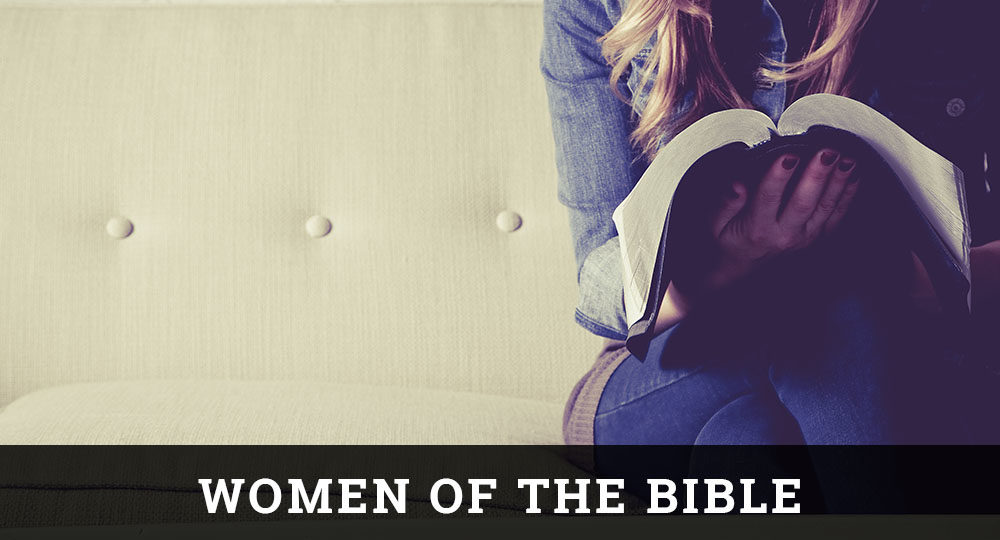
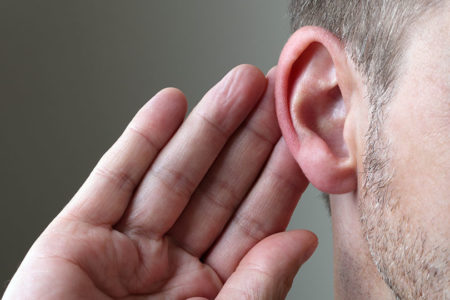
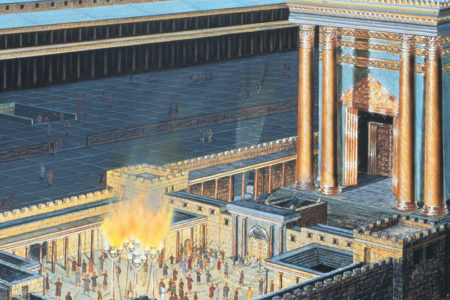
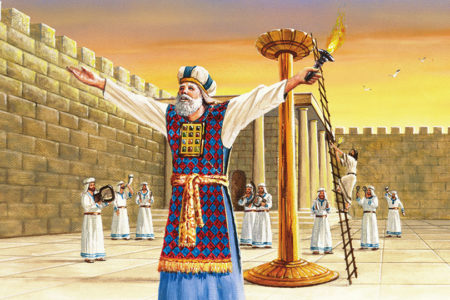
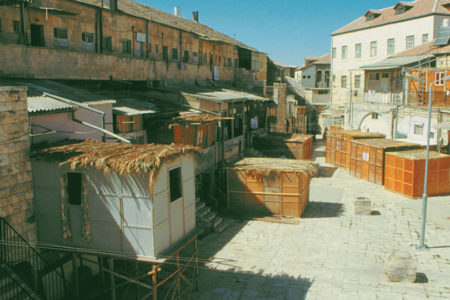
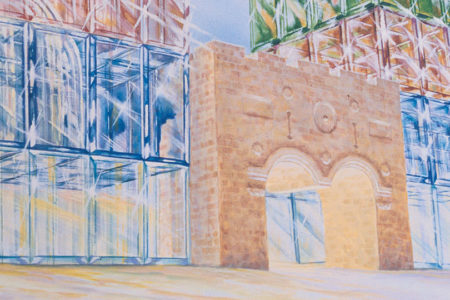

Do you believe Rachel is a type of Israel and Leah is a type of the Church?